Engineering in Robotics
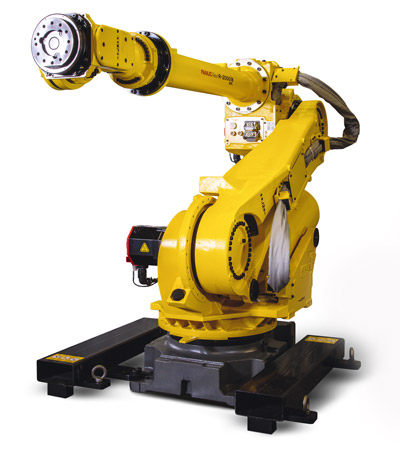
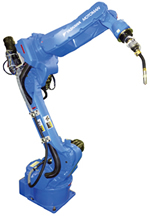
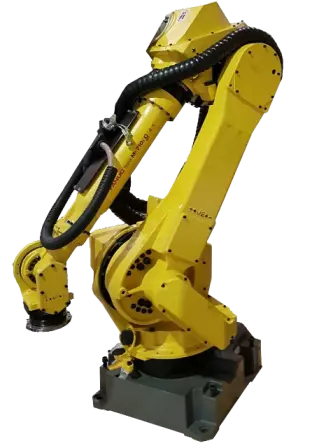
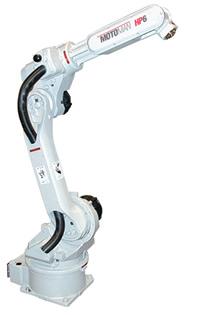
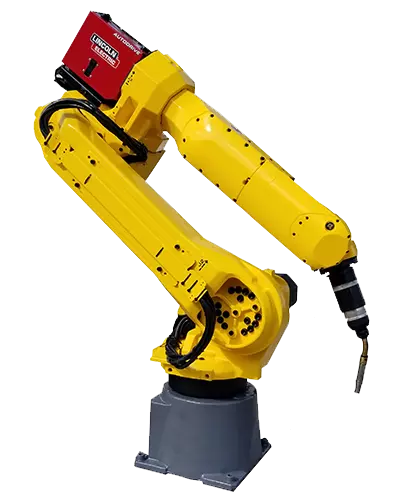
One of the main concerns with the rapid growth of robotic automation is the loss of jobs for workers. Many fear robots will take over human jobs, leaving people unemployed. The reality is robotic automation is having the opposite effect on the job market. More skilled, desirable, and higher paying jobs are being created with the growth of industrial robots. For every FANUC Arcmate 120ic that is implemented in a factory, jobs such as a robot programmer, operator, and technician are needed. One field in particular that is seeing growth with the robotics boom is engineering.
The sector of engineering that is specifically geared towards industrial robots is robotic engineering. Robotic engineers are responsible for designing, building, testing, and maintaining robots. They ensure an industrial robot is effective, productive, and safe. For instance, the Motoman MA1900 can be used to automate welding applications. A robotic engineer is the one who turned the MA1900 from an idea to a real-life welding automation solution. The many advancements and improvements that have been made to robotic technology is because of the growth of the robotic engineering field. Robot engineers are vital for the continued growth of robotic automation.
The job outlook for robotic engineers is very good over the foreseeable future and is expected to grow, especially as more and more manufacturers are realizing the need to automate with industrial robots. Robotic engineers may be employed by robot manufacturers, designing new industrial robot concepts and technology. They may also be employed by robotic users themselves. In this scenario it is likely a robotic engineer will be used to plan, install, implement, and maintain a robotic system rather than create it. Robotic engineers may also be employed by the military or space programs. Universities also employ robotic engineers for teaching purposes.
To break into the robotic engineering field a college degree in engineering is needed. There are many different disciplines of engineering that can be pursued that will provide the education and training needed for a career in robotic engineering. Some universities are now offering degrees in robotic engineering due to the rise in demand for the field. However, there are other paths that can be taken if a robotic engineering program is not available to you.
Mechanical engineering is considered one of the best areas of study aside from robotic engineering for those looking for a career in robot automation. This discipline of engineering studies the physical systems of an industrial robot. Mechanical engineering courses often have specializations in robotics. Mechanical engineers gain the knowledge to design and build industrial robots. The seven-axis configuration of the Motoman VA1400 was likely created by a mechanical engineer.
Electrical engineering is another area of study that can be applied for a career in robotics. This field provides training in numerically controlled systems, microprocessors, integrated systems, and pneumatics/hydraulics. This field often deals with the control of industrial robots.
Electronic, industrial, and manufacturing engineering are additional areas of study that can lead to a career as a robotic engineer. Engineering in robotics is crucial as robotic automation grows and will lead to the creation of better jobs for workers.